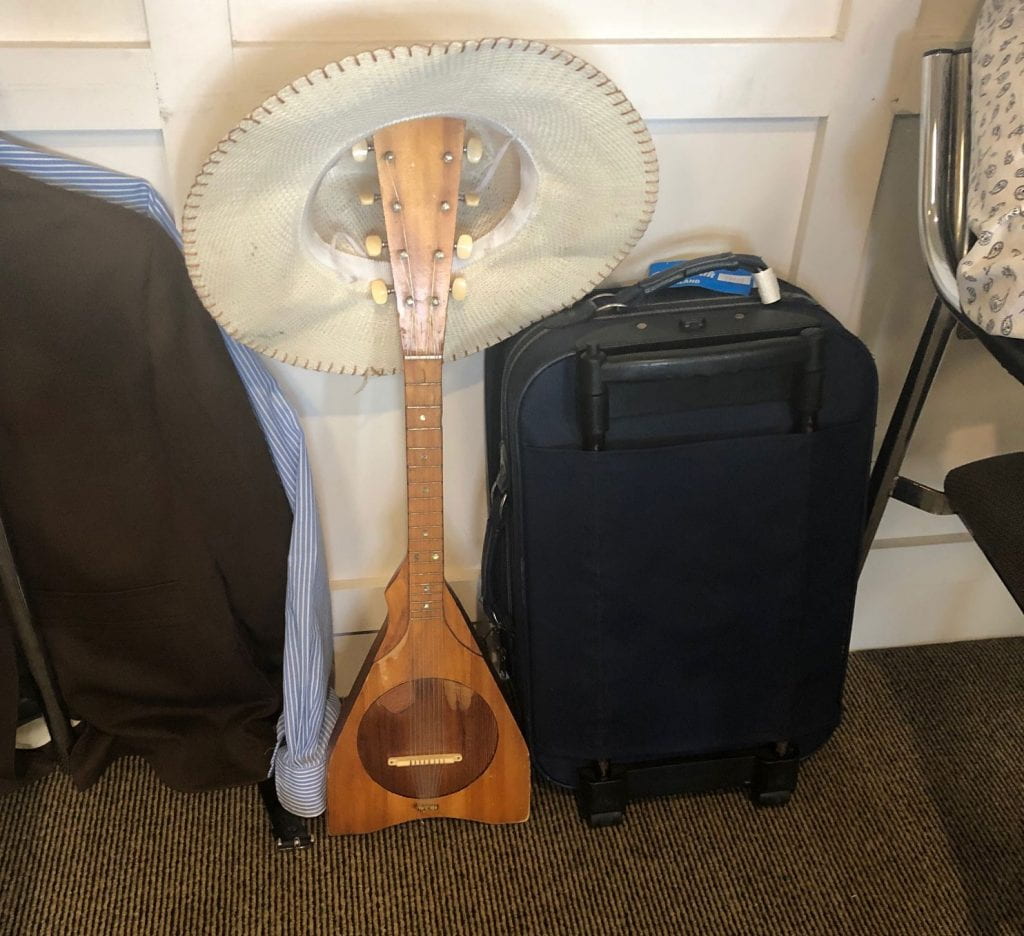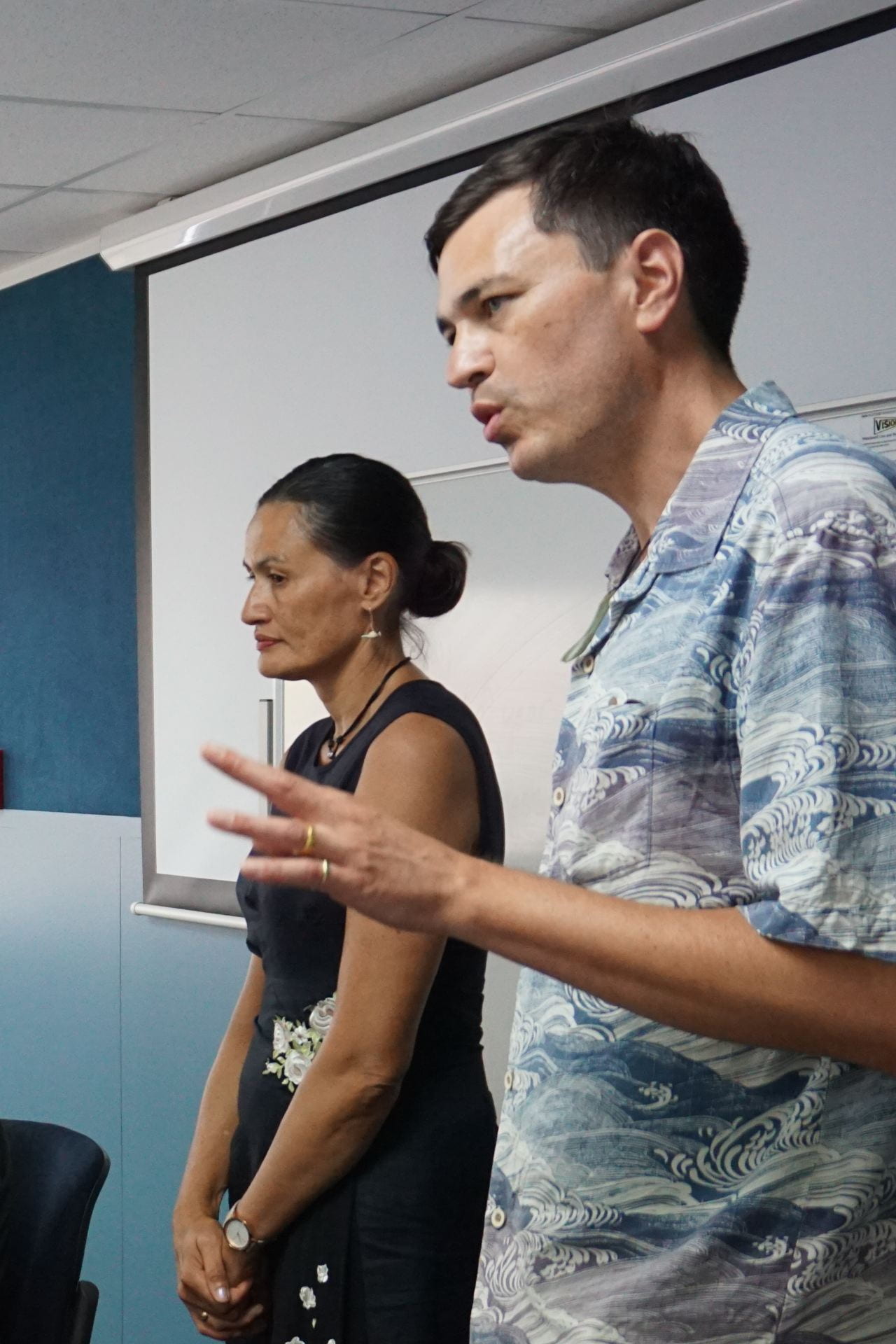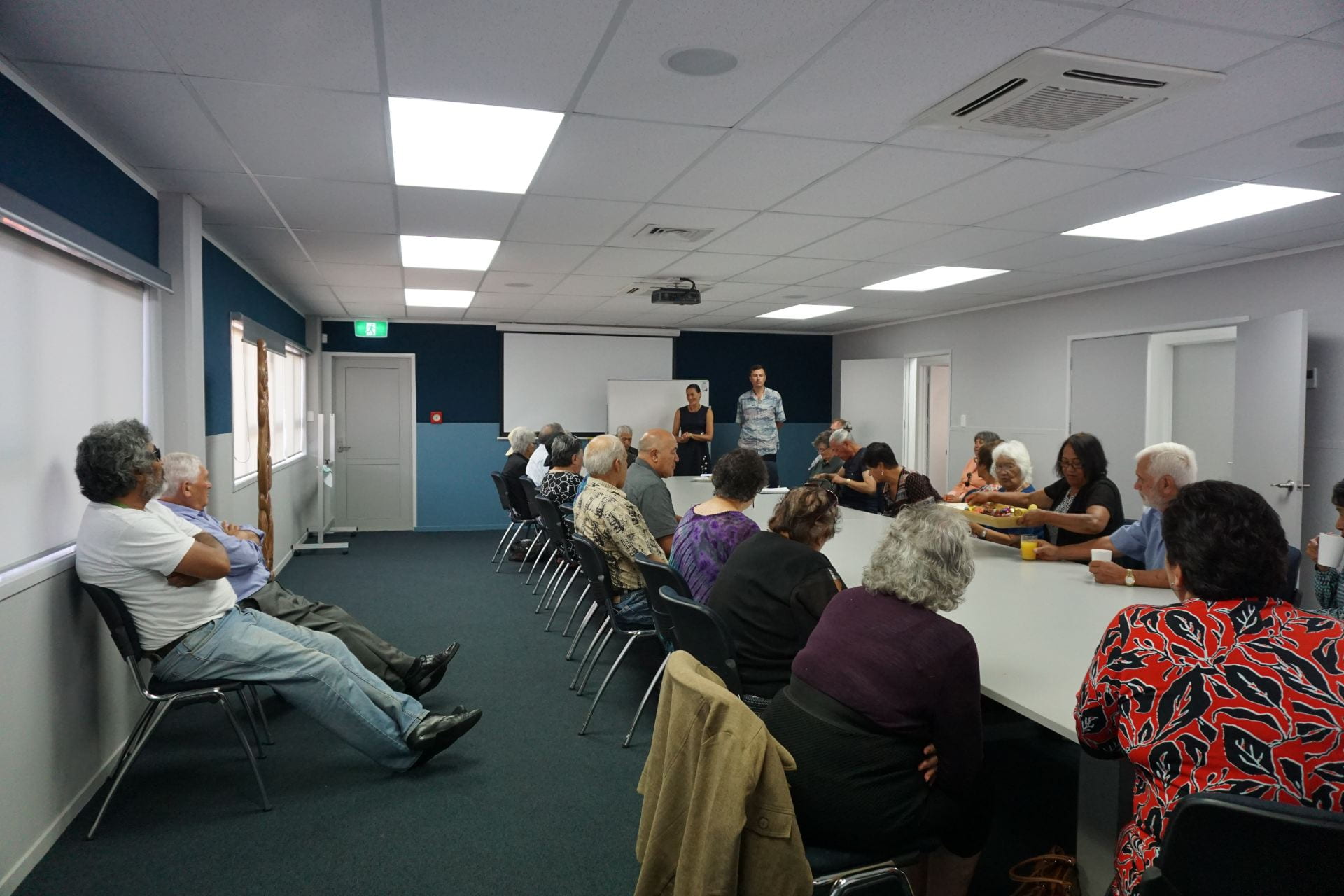Kaumātuatanga
Honourary Academic Dr Hilary Lapsley speaking about the Kaumātuatanga Research Stream.


‘Mā mua ka kite a muri; mā muri ka ora a mua’: Community responsibilities for kaumātua wellbeing in two Tai Tokerau rohe
Funded by Ageing Well National Science Challenge
This study aims to examine kaumātua, whānau, iwi and health services responsibility for kaumātua wellbeing. The project builds on findings from a feasibility study conducted through 2018, which suggested that kaumātua prize their personal health somewhat less than the health of their whānau and younger generations, and that their obligations as kaumātua occupy their thoughts more than their own health issues. These findings resonate with suggestions in the research literature that Māori worldviews prioritise aspects of wellbeing differently from non-Māori. Capturing the voices of older Māori is key to the project and is essential in wellbeing research if uplifting the wellbeing of Māori is to be achieved. The research uses a kaupapa Māori approach, including qualitative, ethnographic and oral history techniques.
Marama Muru-Lanning, Tia Dawes, Hilary Lapsley and Keri Mills are working alongside kaumātua and kuia of Ngātiwai in collaboration with our community-based researchers, Cilla Moore and Liane Penney.
Supporting kaumātua health in a changing world:
A feasibility study in Te Tai Tokerau
Funded by Ageing Well National Science Challenge
Māori conceptions of ageing are traditionally positive and are a strength within many Māori communities. This pilot study within the two Te Tai Tokerau Māori communities of Takahiwai and Ngātiwai provides guidance for a planned larger study. We showed that the kaupapa Māori methods we used – including consultation with communities, noho wānanga (overnight meetings at a hotel location), individual interviews and community feedback – are valued by kaumātua and provide worthwhile research material. Initial findings indicated that kaumātua have a wellbeing approach to health and rely on traditional as well as mainstream health providers and practices. Their concerns around health and wellbeing encompass the wider whānau, particularly mokopuna, perhaps even to the detriment of their own. In light of this, we suggest that a model of whānau and iwi responsibility for kaumātua might be developed when we have findings from larger study.
Marama Muru-Lanning, Tia Dawes and Hilary Lapsley worked alongside kaumātua and kuia of Ngātiwai in collaboration with our community-based researcher, Mere Kepa.


Kaumātuatanga
Kaumātua wellbeing, health, hauora, retirement needs, life stories, decision-making contributions and kaumātua activities
Te Hononga
Joining and connection through Mātauranga Māori research methods that allow connectivity with hapori kanohi-ki-te-kanohi and ā-ipurangi; rangatahi development of digital content; protection and security of JHRC data, including completion of Te Tai Tokerau Dictionary
Kaitiakitanga o te Kai me te Rongoā
Māori foods and rongoā sovereignty, importance of whakapapa in relation to soil and sand, gardens, bush, forests, rivers and the sea
Ngā Hangarau ka Puea
Māori interests in new robotic and emerging technologies, protection and security of Māori data and privacy of Māori algorithms
Rangatiratanga o te Wai
Māori access to water (waimāori and waitai), water security, privatisation and commodification of water, critique of the Three Waters Framework, property rights, kaitiakitanga, impacts of new and expanding ports on mana whenua